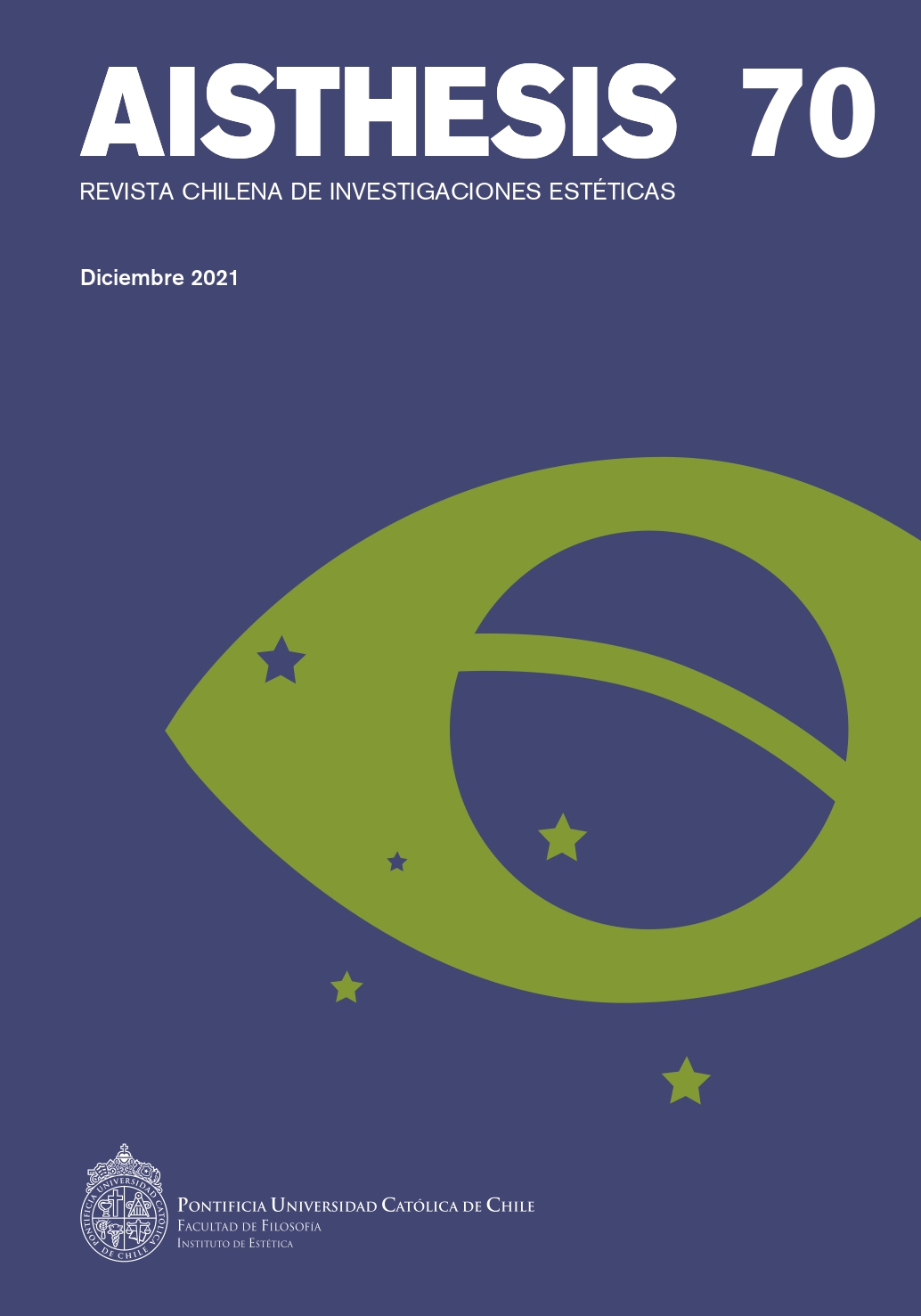Discursive dimensions of Brazilian religious racism
Main Article Content
Abstract
Evangelization is the result of the union between freedom of expression and religious freedom. When one attempts to convince someone of the truthfulness of one's beliefs, one can construct discourses of racial hatred, foment intolerance, hostility, and discrimination against minorities that are historically and socially stigmatized. Works published by catholics and evangelicals have been the object of lawsuits in which they were accused of promoting religious hatred by demonizing Afro-Brazilian religions such as candomblé, umbanda, and spiritism. This imaginary later leads to concrete moral and physical violence. The growing practices of religious intolerance defy the State's lay character. I therefore question (1) the arguments presented by the Supreme Court not to recognize or make accountable Christians' evangelizing discourse that manifests itself as hate speech; (2) why the constitutional criteria recognized to characterize racial hate speech have not been applied in coherent and integral fashion in the trial that dealt with evangelization and religious hate speech; (3) under what arguments hate speech against religions of African matrix can be considered religious racism; (4) what other dimensions religious racism takes in Brazilian society; (5) how religious racism manifests itself as cultural appropriation and environmental racism.
Article Details

This work is licensed under a Creative Commons Attribution-NonCommercial-ShareAlike 4.0 International License.
All contents of this electronic edition are distributed under the Creative Commons license of "Attribución-shareAlike 4.0 Internacional" (CC-BY-SA). Any total or partial reproduction of the material must mention its origin.
The rights of academic works published in this publication belong to their authors., who grant to AISTHESIS: Revista Chilena de Investigaciones Estéticas the license for its use. The management of the permits and the authorization of the publication of the images (or of any material) that contains copyright and its consequent rights of reproduction in this publication is the sole responsibility of the authors of the articles
